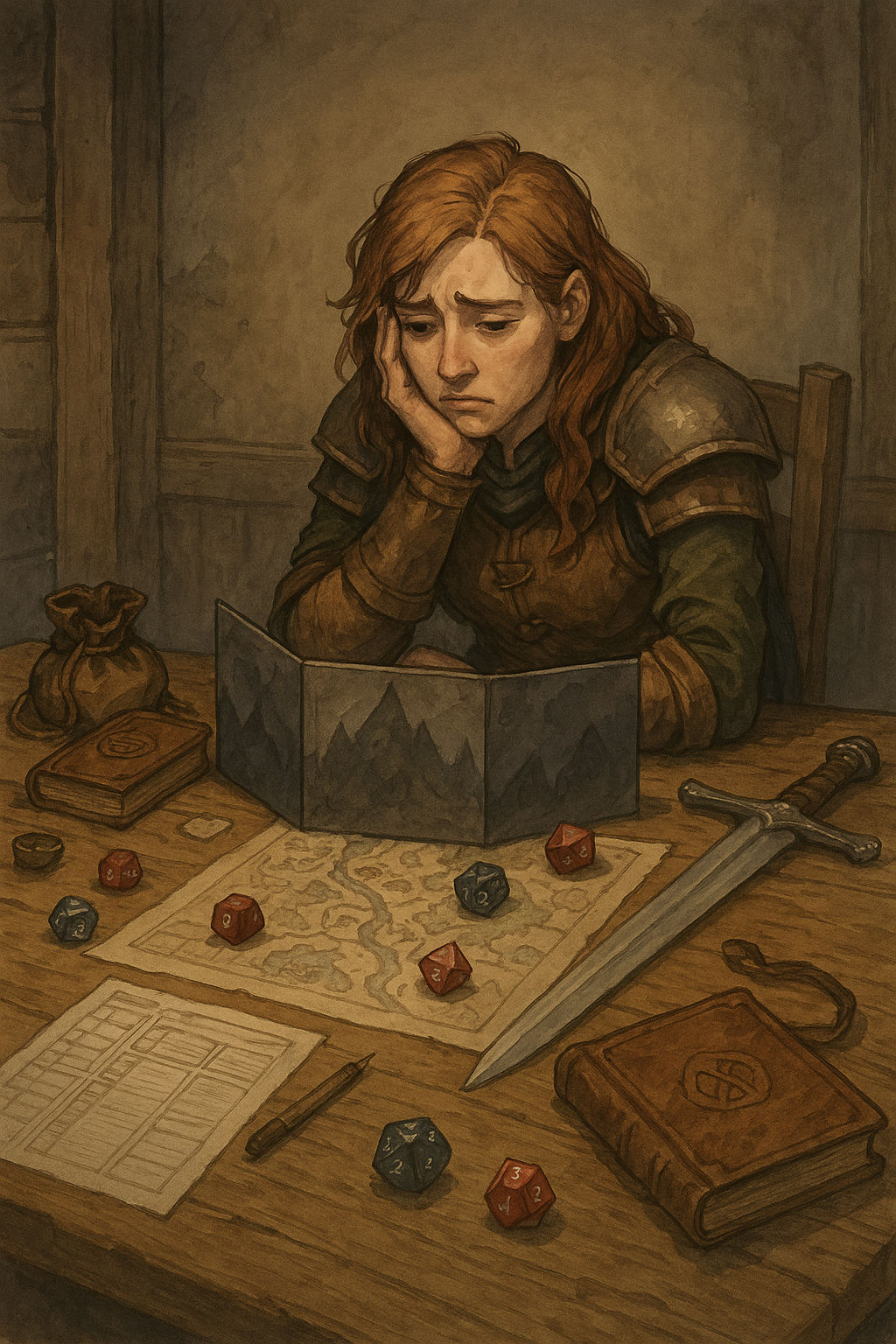Helping a Shy Player Find Their Voice
Not every player at the table is loud, and that’s not a bad thing — but sometimes, a shy player stays quiet because they’re worried they’ll mess up, slow the game down, or get ignored.
I’ve seen this firsthand. We had a bard in one of my campaigns who barely spoke for the first three sessions. Not because she didn’t have ideas, but because she felt like the more vocal players “had it handled.” So I started creating openings for her — asking what her character thought about a decision, inviting her to make the final call on a plan, and giving her room to describe her spells.
Within a month, she was cracking jokes in character and pushing the plot forward with her own ideas. The difference wasn’t in teaching her to talk more — it was in making sure she felt her voice mattered.
If you’ve got a shy player, be intentional about giving them room. It’s not about forcing them to be the center of attention — it’s about making sure they know the table wants to hear them.
Further reading from Mike’s Tavern:

